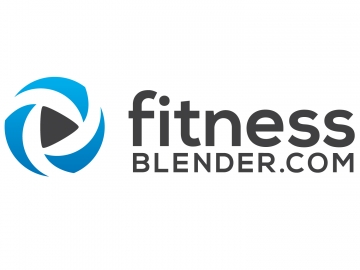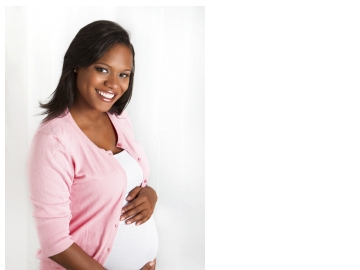Teen
- About
- Meet The Team
- Conditions
- Transition to Adult Congenital Cardiac Services
- Coming in to Hospital
- Surgery and Managing Your Discomfort
- Cardiac Catheter
- Ablation Procedure
- Pacemakers
- Looking after your oral health
- Lifestyle and Exercise Advice
- Periods, contraception and pregnancy
- Support
- Your Views
- Confidentiality and Consent
Lifestyle and Exercise Advice
-

Exercise
It is important to remember when exercising: Warm up: Spend 15 minutes gradually warming up and increase your breathing and heart rate steadily.
Main exercise: This should be done at a hard enough rate to make you feel ‘puffed’, warm and sweaty. You should be able to talk in full sentences all the time you are exercising. If you cannot talk then you are working too hard and need to slow down. If you have enough breath to sing then you are not working hard enough.
Cool down: Always make sure you have enough time to cool down and allow your heart rate to return to normal .Listen to your body and stay within your capabilities
Make sure you know what is and isn’t advised for your heart condition.
If you are unsure, please use the contact below
Don’t become dehydrated – especially if you have a cyanotic heart problem
ALWAYS stop if you feel unwell/pain/dizzy.If you would like further information about your heart condition and the effects of exercise please contact: Sarah Hibbert (Specialist Cardiac Physiotherapist ) on 0113 3920609 or email Sarah.Hibbert3@nhs.net
Fitness Blender: Search fitness blender and access free workouts, it lets you choose the duration, type, intensity of the workout and also lets you choose to do it with equipment or not. Suitable for teenagers and adults Click Here
-
Education and Career Advice
We can provide information and advice for your school about your heart condition.
It is important that you know where to get the right career advice as you may need to be realistic about your career options. Those with rigorous fitness tests such as the armed forces or police may not be an option. However that is not to say that there is not the right job out there for you. Connexions direct are a really useful source of information offering advice on education choices and careers. They can be contacted on 0808 001 3219 or http://www.leedspathways.org.uk/connexions/.You may feel that your heart condition may make it difficult for you to find a job. The website https://www.gov.uk/careers-helpline-for-teenagers is a useful resource with information about disability employment advisers who can help you to find a job to suit you or help in practical ways to enable you to work.
Other useful websites
https://www.thesite.org/work-and-study
https://www.whizz-kidz.org.uk is for young people with mobility needs and has advice about choosing a career and work placements.
-
Travel Information
The majority of people with congenital heart disease can and do fly/travel long distances around the world. If you are unsure ask at your outpatient appointment or contact us. The most important point to remember is to ensure that you declare your heart condition when booking travel insurance. Any omissions or mistakes made in relation to your medical condition can be used as grounds to refuse your claim if made.
If necessary a medical letter can be provided, but the majority of companies do not require this. We can provide you with a list of insurance companies and The Somerville Foundation is also a useful source of information Tel: 0800 854 759.

-

Insurance
It can be difficult for some people who have congenital heart disease to get insurance. This is often because companies do not have the medical knowledge relating to specific congenital heart conditions or there is a lack of long-term survival data available. This can cause problems when tying to buy a house or get life insurance.
The best advice is to shop around as there can be marked differences between companies. It is important that you inform the insurance company of your medical condition to ensure that you are fully covered. There are some more sympathetic insurers who can be identified and contacted through the Somerville Foundation Tel: 0800 854 759.
-
Contraception and Pregnancy
Contraception and pregnancy may have implications for people with congenital heart disease. It is especially important for girls with congenital heart disease to avoid unplanned pregnancies. It is also important that you know what types of contraception are okay for you to use as not all of them are suitable for people with congenital heart disease.
Even though this is something you might not have thought of yet, contraception and possible future pregnancies will be discussed with you during one of your first visits to the Adult Congenital Heart clinic. This is to give you as much information as possible so that you can make choices about your future when you are ready. If you would like some more information about contraception before you meet the Adult Congenital Heart Team you can either contact the Cardiac Nurse Specialists or your GP.

